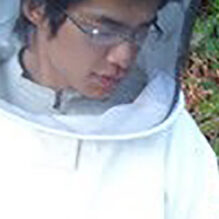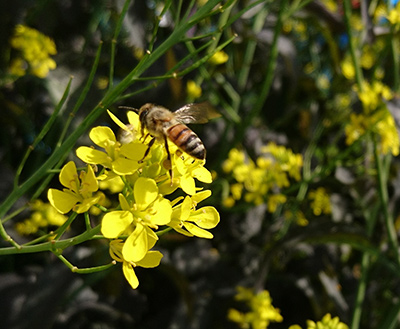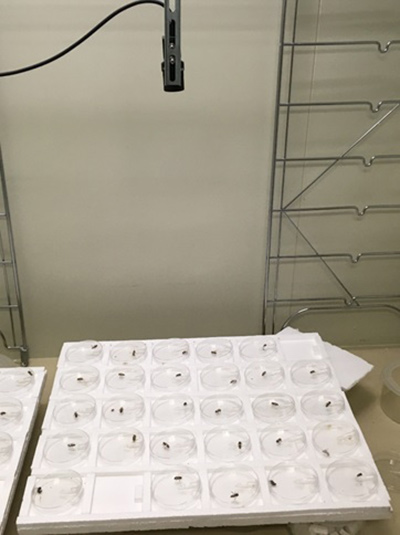-
About
- Kyoto Prize
-
Research Grants
-
Social Contributions
- Events
- News
This website uses cookies to improve the user experience. If you continue on this website, you will provide your consent to our use of cookies.
About
Research Grants
Social Contributions

Graduate School of Science, Osaka City UniversityAssociate Professor*Profile is at the time of the award.
2018Inamori Research GrantsBiology & Life sciences
I cannot express my thanks enough for the generous support of my basic research topic. I will certainly devote myself to my research so that I can repay the faith that has been placed in me with fruitful results.
Biology & Life sciences


